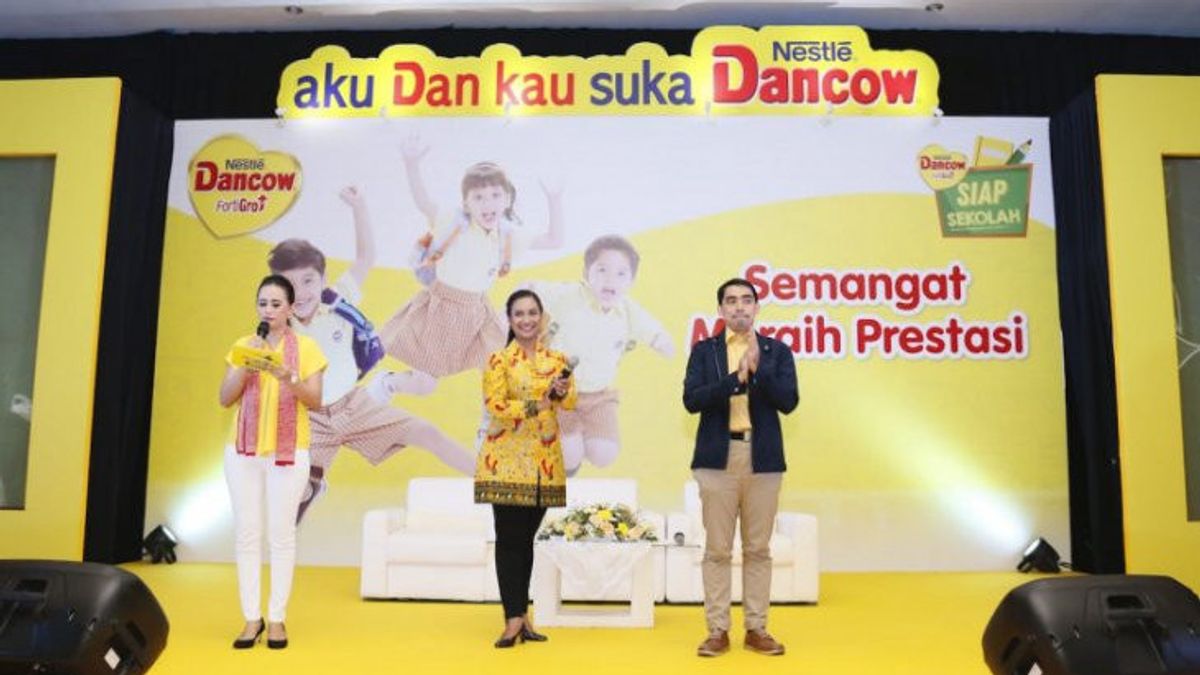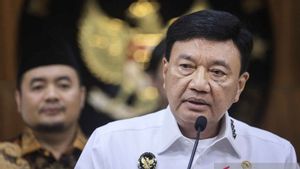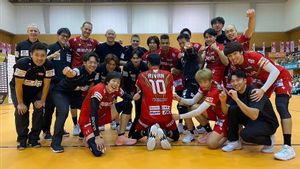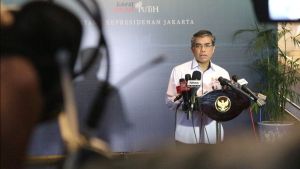JAKARTA - The Food and Drug Supervisory Agency (BPOM) has finally given an explanation regarding Nestle products that are suspected to be unhealthy.
In a press release quoted on Wednesday, June 9, it was stated that the information on unhealthy products conveyed in several reports in the mass media was not related to food safety and quality.
The news is related to the inclusion of the nutritional content of the product, especially the sugar, salt, and fat (GGL) content as one of the risk factors for causing non-communicable diseases (PTM) if consumed in excessive amounts.
"Information on the content of GGL is part of the inclusion of Nutritional Value Information (ING), which is enforced mandatory through POM Agency Regulation No. 22 of 2019 concerning Nutritional Value Information on processed food labels. Globally, guidelines for the inclusion of nutritional content are regulated in the Codex Guideline on Nutrition Labeling (CAC/GL 2-1985 which was revised in 2017),” said BPOM.
Furthermore, the inclusion of ING in addition to being in tabular form on food labels can also include information about daily nutritional intake guidelines and the “healthier choice” logo on the main part of the label which is applied voluntarily.
"The model of inclusion of a "health star rating" with certain nutritional requirements and using ratings from half to five stars is applied in Australia and New Zealand," the report said.
Then, BPOM claims to have carried out an evaluation process on aspects of safety, quality, nutrition and labeling including the inclusion of ING in providing Marketing Permit Numbers (NIE) for processed food products, including Nestle products circulating in Indonesia.
To ensure the consistency of circulating products in accordance with the approval at the time of registration, BPOM carries out safety, quality, and label control including ING through sampling and testing.
"Business actors are obliged to ensure that the circulating products meet the requirements for safety, quality, nutrition, and labeling," the food supervisory authority said.
For information, individual nutritional needs are regulated in the Regulation of the Minister of Health Number 28 of 2019 concerning the Recommended Nutritional Adequacy Rate for the Indonesian Society. For individuals who have special nutritional needs due to their physical condition, physical activity and/or certain health conditions, consult a doctor/nutritionist.
“BPOM together with stakeholders continue to encourage the public to read labels including ING as an effort to prevent PTM and apply the principle of balanced nutrition consumption in accordance with Minister of Health Regulation No. 41/2014 concerning Guidelines for Balanced Nutrition,” explained BPOM.
As is known, PT Nestle Indonesia admits that not all of its products meet applicable health standards. The number reaches 30 percent. However, the analysis of these products does not include those for children, special nutrition, pets, and coffee products.
"When viewed from our overall product portfolio based on total global sales, less than 30 percent do not meet strict external health standards," said Nestle Indonesia's Head of Corporate Communication Stephan Sinisuka when contacted by VOI, Tuesday, June 8.
The English, Chinese, Japanese, Arabic, and French versions are automatically generated by the AI. So there may still be inaccuracies in translating, please always see Indonesian as our main language. (system supported by DigitalSiber.id)













